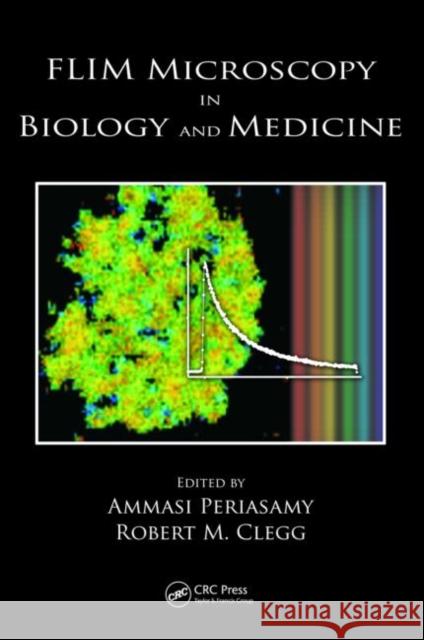Flim Microscopy in Biology and Medicine » książka
Flim Microscopy in Biology and Medicine
ISBN-13: 9781420078909 / Angielski / Twarda / 2009 / 472 str.
Flim Microscopy in Biology and Medicine
ISBN-13: 9781420078909 / Angielski / Twarda / 2009 / 472 str.
(netto: 886,26 VAT: 5%)
Najniższa cena z 30 dni: 906,73
ok. 22 dni roboczych.
Darmowa dostawa!
Detecting Signals at the Single Molecule Level: Pioneering Achievements in Microscopy Recent advances have led to such remarkable improvements in fluorescence lifetime imaging microscopy's (FLIM) capacity for contrast and sensitivity that researchers can now employ it to detect signals at the single molecule level. FLIM also offers the additional benefit of independence from fluorophore concentration and excitation intensity. Moreover, its unique sensitivity makes it an excellent reporter of conformational changes and of variations in the molecular surroundings of biological molecules. Most of this improvement and discovery have occurred during the past decade, and, to date, information that would benefit a broad range of researchers remains scattered in the literature. Edited by two of the top pioneers in the field, FLIM Microscopy in Biology and Medicine presents the fundamentals of FLIM along with a number of advanced considerations so that a wider audience can appreciate recent and potential improvements that make it such a valuable tool. New Opportunities for Biomedical Researchers... New Challenges for Microscopy Researchers Discussion sections in all the chapters clearly show the challenges for implementing FLIM for various applications. Certain chapters discuss limits on the number of photons required for highly accurate lifetime determinations, as well as the accuracy with which multiple, closely associated lifetime components can reliably be determined. Such considerations are important for the user when he or she is selecting the most advantageous method of FLIM to use for a particular application. While this book provides an introduction for those new to FLIM, it gathers a wealth of material to enhance the work of experts involved in pioneering technological improvements, as well as those research opportunities in this unique and promising area of microscopy.











